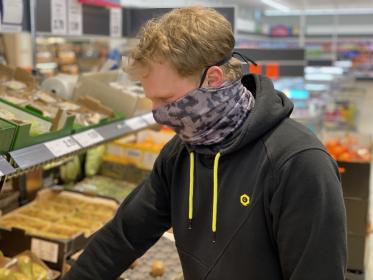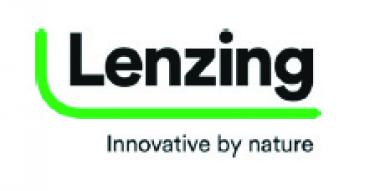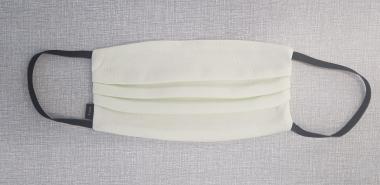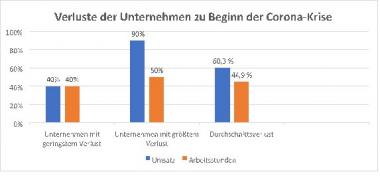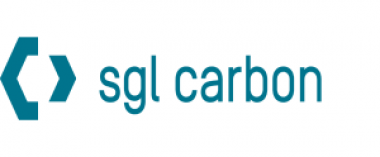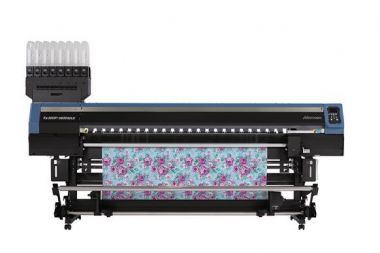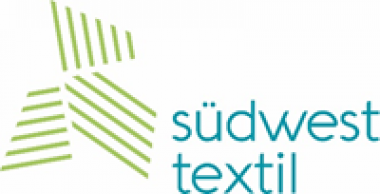Textil-Spezialist Maute + Renz Textil produziert Mund-/Nasenschutz
„ProtectMe“: alltagstauglicher und modischer Mund-/Nasenschutz
Der schwäbische Strickspezialist Maute + Renz Textil GmbH ist mit seiner Marke Albstoffe im Do-It-Yourself-Markt bekannt. Der Hersteller nutzt aktuell die klinikerprobte Hightechfaser Trevira Bioactive zur Produktion eines alltagstauglichen, bakteriostatischen Mund- und Nasenschutzes.
Der unter der Marke „ProtectMe“ verfügbare Mund-und Nasenschutz verhindert nachhaltig die Tröpfchenverteilung bei Husten, Niesen und Sprechen sowie ebenfalls Schmierinfektionen durch unbewusstes an Mund und Nase fassen. Aufgrund der Loop-Form mit innovativer Befestigung bietet ProtectMe einen praktischen Mund- und Nasenschutz für die Bevölkerung.
Gegenüber Baumwollstoff-Masken hebt sich ProtectMe durch den antimikrobiellen Materialschutz, die unauffällige Optik dank modischer Teilbedruckung und die uneingeschränkte Wiederverwendung nach Waschen deutlich ab. Die spezielle Konstruktion ist beim Patentamt gebrauchsmusterrechtlich geschützt.
Maute & Renz Textil GmbH


